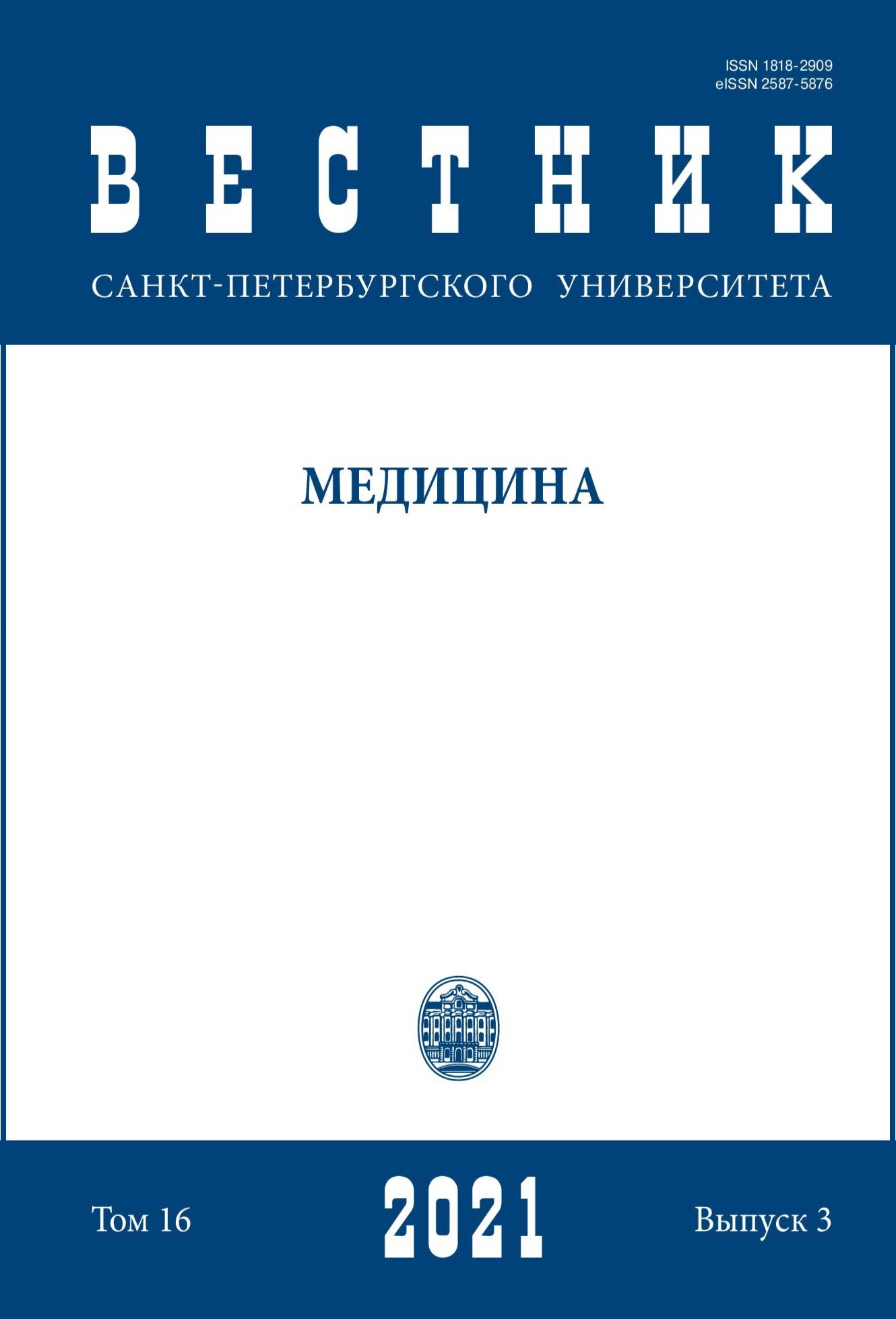Overview. Analysis of ensuring climate information collection for carrying out social and hygienic monitoring
DOI:
https://doi.org/10.21638/spbu11.2021.308Аннотация
Earth’s climate change and its adverse consequences are a global problem at the international level. On the territory of the Russian Federation, climatic conditions change approximately 2.5 times more intensively than on average on the planet, average annual temperatures are rising in all physical and geographical regions and federal districts. To solve this problem, the Russian Federation has ratified a number of international documents and developed measures to adapt to climate change. To improve social and hygienic monitoring, — dynamics of changes in air temperature, air velocity, relative air humidity, and atmospheric pressure are used as major indicators in climate assessment, bioclimatic indices being their integral assessment indicators. We can state with good reason that the forecast and meteorological factor effects on human body are the most important links in social and hygienic monitoring. Currently, in spite of many years of research, mechanisms, character and significance of this phenomenon remain largely uncertain. Absence of reliably identified consistent patterns restrains from further research to reveal subtle physiological mechanisms causing human body response to climatic changes.
Ключевые слова:
human environment factors, public health, meteorological factors, meteosensitivity, social and hygienic monitoring
Скачивания
Библиографические ссылки
References
Загрузки
Опубликован
Как цитировать
Выпуск
Раздел
Лицензия
Статьи журнала «Вестник Санкт-Петербургского университета. Медицина» находятся в открытом доступе и распространяются в соответствии с условиями Лицензионного Договора с Санкт-Петербургским государственным университетом, который бесплатно предоставляет авторам неограниченное распространение и самостоятельное архивирование.




